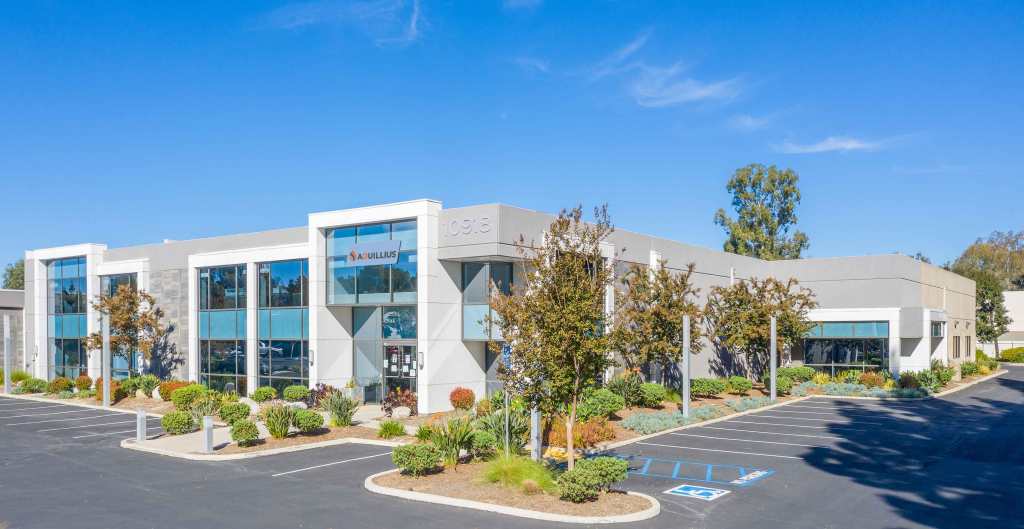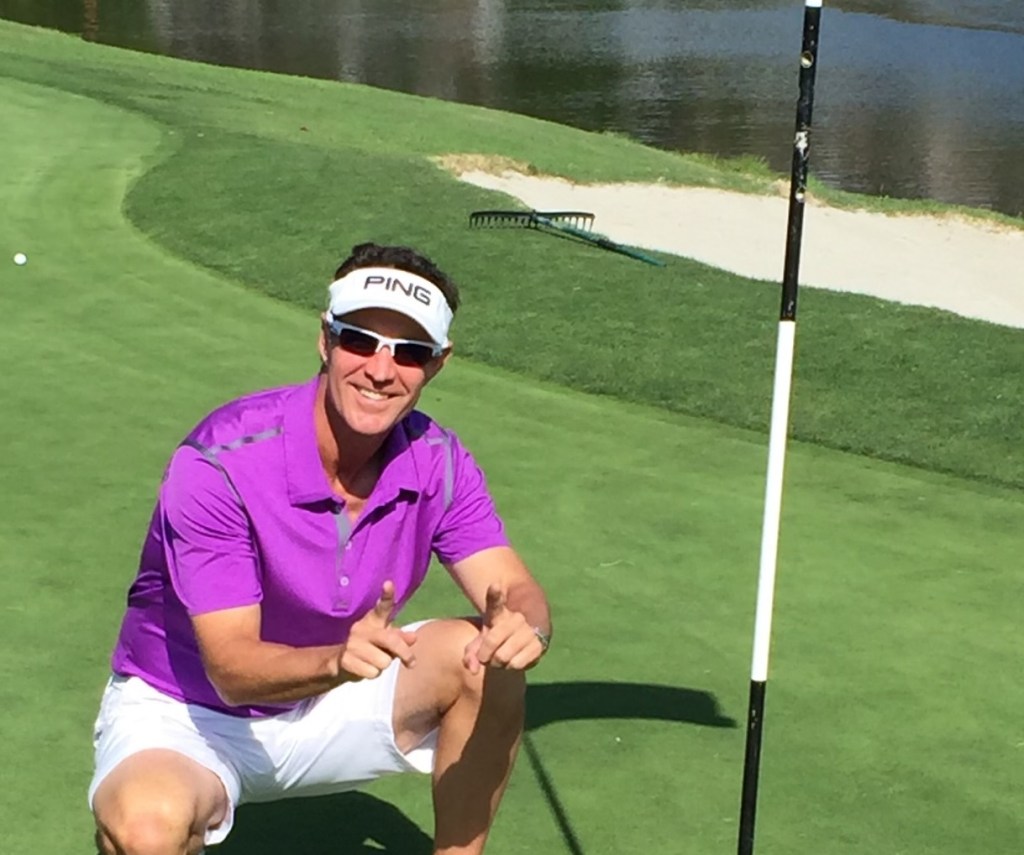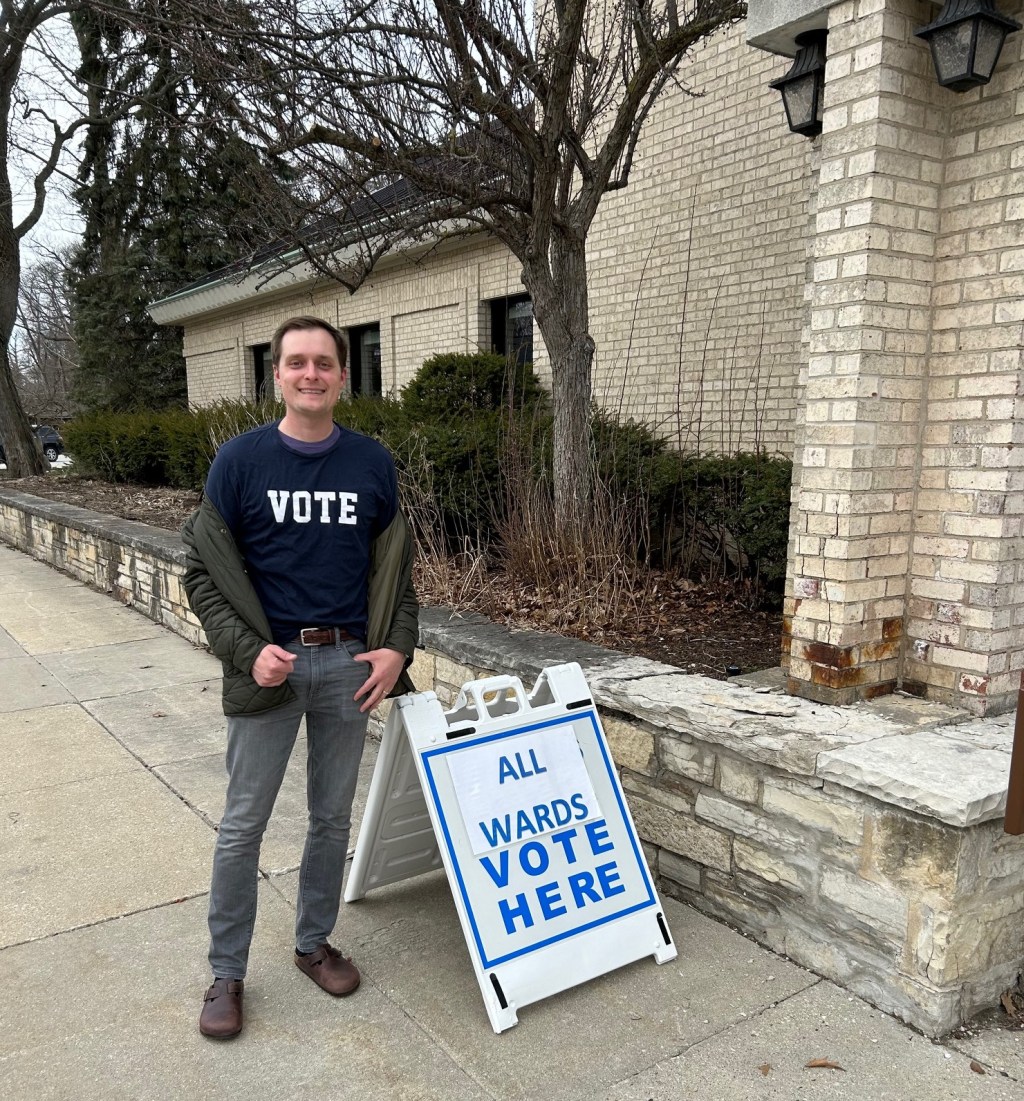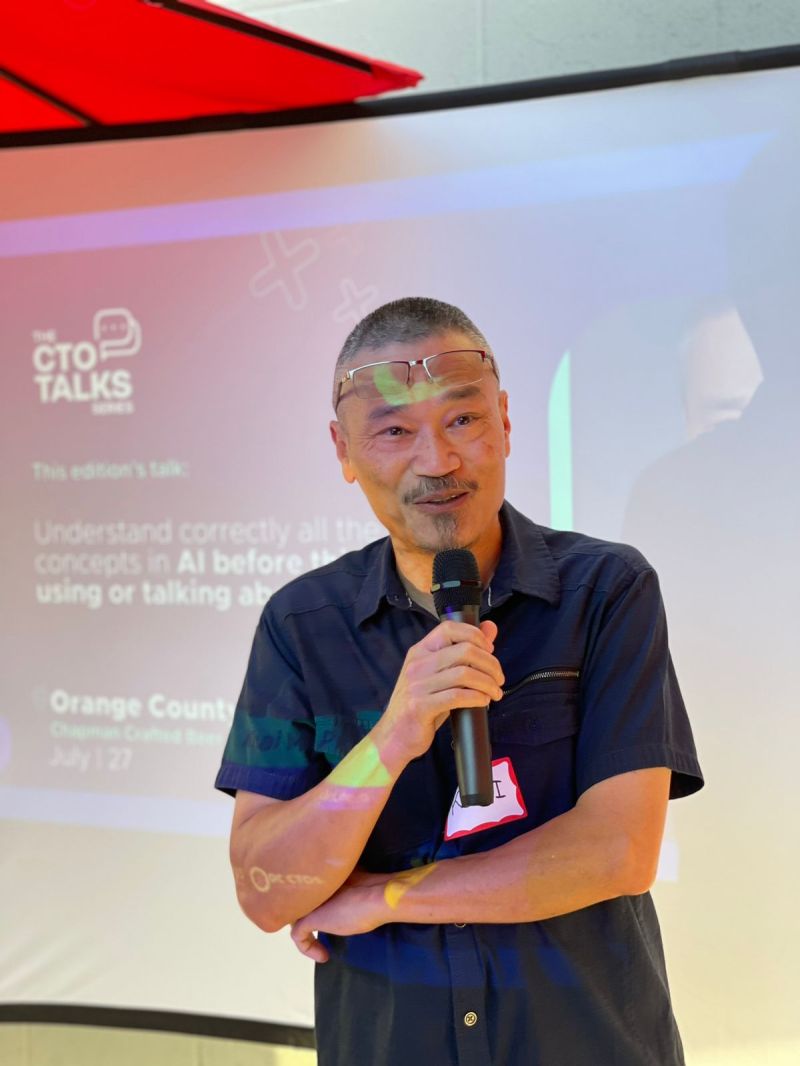Consistently ranked as one of the top biotech cities in the United States, San Diego is home to giants like Illumina, Thermo Fisher Scientific, Genentech, Bristol Meyers Squibb, and seemingly countless more – many of which are fed from a rich pipeline of science graduates from UCSD, SDSU, and USD.
However, not everyone interested in biotech wants to go to the giants. Some think that they’re the ones who can create the next big thing.
And that’s where Aquillius comes in.
A biotech and MedTech incubator, Aquillius is a biotech startup founder’s dream – they provide a space for extremely early-stage startups to develop and grow. With 25,000 feet of lab and office space, they offer a physical place (and access to a vibrant community!) for lab-heavy startups to research, prototype, network, raise capital, and more.
Their mission is to accelerate the integration of life sciences and engineering to create innovative solutions that can improve human health, by focusing on streamlining product development and early R&D in the biotech and MedTech industries.
Or, to say it another way, they want to make the next generation of San Diego’s innovative science companies more successful – by making them more resilient.
In this interview, you’ll learn about the importance of providing space to fledgling companies – whether it’s physical, educational, or mental. You’ll learn about just how Aquillius matches resources with the startups they work with. And, most importantly, you’ll learn what they’re doing to set the next generation of scientists and entrepreneurs up for success.
If you’d like to learn more about Aquillius, you can check them out on their website. (I’d also recommend you take the tour!)
I’d like to give a big thank you and a shout out to Leah Villegas and Austin Strain for their time and help on this interview.

I’m chiefly interested in the concept of resilience – personal, communal, and societal. What does the concept of resilience mean to you and Aquillius?
Leah Villegas: I believe resilience means persisting, unwavering in your commitment to your business, regardless of the challenges encountered. In our environment, we engage with many early-stage startups and companies just setting out to make their mark in their respective markets. It’s a demanding journey. As entrepreneurs ourselves, my team and I face these challenges too. I see resilience as the key. There will be numerous obstacles and setbacks along the way, but pushing through and surviving these challenges is what truly cultivates resilience and shapes the character of every founder.
Startups, especially the early-stage startups that you focus on, are notoriously prone to risk. How have you worked to build resilience within Aquillius to continue to identify and overcome potential setbacks when dealing in that scene? How do you work to make the startups who use your spaces more resilient?
LV: We serve to provide the foundation or provide a safety net of sorts. We’ve methodically worked out potential paths these startups could take, identified needed resources, and even identified common challenges that startups might encounter, and we work to tackle these challenges head on.
We address these challenges before the startups themselves confront them, and then work to make all the necessary resources available to them to give them the best chance.
Most of these startups are in the biotech and MedTech realms. From what we’ve seen, regulatory and IP complexity are the two main major challenges that these startups face. So, we’ve identified and paired up certain resources and subject-matter experts in those realms, like different law firms and regulatory experts, to help them navigate those challenges.
San Diego’s biotech scene is world famous. How do you see yourselves positioned in this space? How do you see yourself contributing to building resilience both within the scene and within the broader San Diego community?
LV: We see ourselves mainly as a resource provider in the biotech space. Our physical space is critically important – we have a nice tech lab and a nice wet lab, which those companies need the most. This sort of sets the biotech companies apart, since they really need that physical lab space. For example, during COVID, we didn’t really feel as affected as other people who worked from home, since we actually couldn’t work from home – we needed to be in the lab!
Basically, our niche is now being a resource provider for biotech startups.

You guys provide physical resources such as lab space, but you also host a lot of events that provide space for companies, founders, and people interested in that whole scene. So really, it seems like your main resource is providing space?
LV: Yes, we provide those events, and a lot of events on the educational side. We also provide a lot of networking opportunities. That’s a pretty important thing as well, we’ve found, especially for young startups that are fundraising.
What projects are you most proud of?
Austin Strain: What I feel is most impactful is our Catalyst program. When I got a chance to actually talk to the people and participants who went through that, to see how much they learned and grew, it was absolutely remarkable.
Our Catalyst program is basically a ten-week program for students of all levels – undergrads, graduates, PHDs, postdocs- to get entrepreneurial training and to get a hands-on opportunity to solve real-world problems. Throughout those 10 weeks they learn how to set up a business, and then, at the end, get to pitch that business to experts, investors, and other people who can give them feedback on how well their entrepreneurial journey went.
I personally know how important this is. I studied entrepreneurship in school, and I also took part in a startup summer program. I saw how much that helped me personally with my own career growth. So, getting to meet all the participants at the end of our own Catalyst program and some of the older participants as well was really nostalgic and gratifying for me, because I remember when I was exactly where they were! I remember getting to that pitch day and how nervous and exciting it is! And then hearing what they have learned, and recollecting what I personally learned was just so impactful. It was like you could literally see a bright future.
LV: We do this cohort every summer. And in the beginning, it’s always the same – they’ll come up with their one-minute elevator pitch and they’re very timid and shy, saying things like “I don’t know how to talk about myself.” And then just 10 weeks later, you see so much growth! They’re no longer that timid, they’re outgoing and putting themselves out there and pitching their companies and projects. It’s just incredible.
So, another one of your major resource spaces is just giving others the opportunity and mental space to grow?
AS: Yes, yes, for sure! So, if you’re interested, we’re offering our next one to the broader startup community next year.
Can you talk about the biggest obstacles you’ve overcome so far? How have you worked to build resilience within your own company and culture, or those you serve?
LV: Honestly, the biggest one is providing access to capital. These are very, very early-stage companies, just trying to find traction in the world. They need people, they need institutions, and they need capital to help get them to the next level.
We will be rolling out with more programs this coming year to help them do that – to raise capital and get to that next level.

What are the biggest opportunities that you see in the biotech scene in San Diego? What role do you play in filling these gaps?
LV: San Diego is a huge biotech hub in and of itself. But even though it’s so large, it has the potential to grow.
When it comes to investing in these projects, San Diego has a pretty big angel investing scene – the venture capital scene still seems to be up and coming. But I think that we’re going to see some growth in that sector in the coming year.
The whole investing scene has been very slow really, because of the pandemic and the slowdown in the economy the past few years. But I think it’s coming back, and I think it will be a pretty vibrant scene going into 2024.
So, do you see yourself playing a role and filling the access gap to venture capital?
LV: Absolutely! So, we’re hoping to have a fund ready to go by next year that can invest in these companies. And we will be rolling out those programs that I talked about earlier. We’re going to hold more pitch days and things like that, centered on different themes and industries to attract those VCs to be a part of all of it as well.
AS: In addition, we work to reduce access gaps wherever we see them. We host a number of events around women in investing, women in science, and trying to encourage women, or others who are normally not as active in the science and founders community, to be involved. That focus is very important to us – it’s another way we build a more resilient future, by making sure everyone has access to the tools and resources they need to succeed. Really trying to empower women to be involved in the ecosystem.
So not only are we filling a gap for capital in the biotech space, but we’re providing a leg up for groups and communities who might need it most. And that’s definitely something different and important that we do.
Looking to the future, what do you see as the future for Aquillius? Are there any specific opportunities and risks that you are looking to navigate in the future, both near and long term?
LV: As far as growth goes, we’re just getting started! We’ve built out the lab space, we’re trying to attract companies to come in here, build, and be part of our community, and then just see where it goes!
We do have longer-term plans, such as growing to more locations, but those are definitely long term. We’ll see how this current model works in 2024. We just want to be able to provide more resources to the broader startup community, even beyond just San Diego!
What are the best ways for people to learn more about, or get involved with, Aquillius?
AS: The easiest way is to just check out all the information on our website. If you’d like a brochure, we have those too. But realistically, the best way is to book a tour! Come see it firsthand and say hi! We’ve found tours really spark the types of questions that we like to answer, that aren’t necessarily found on our website.
But yes, the best way is to book a tour, or come to a networking event!
Want to learn more? Go more in depth here:



Leave a comment